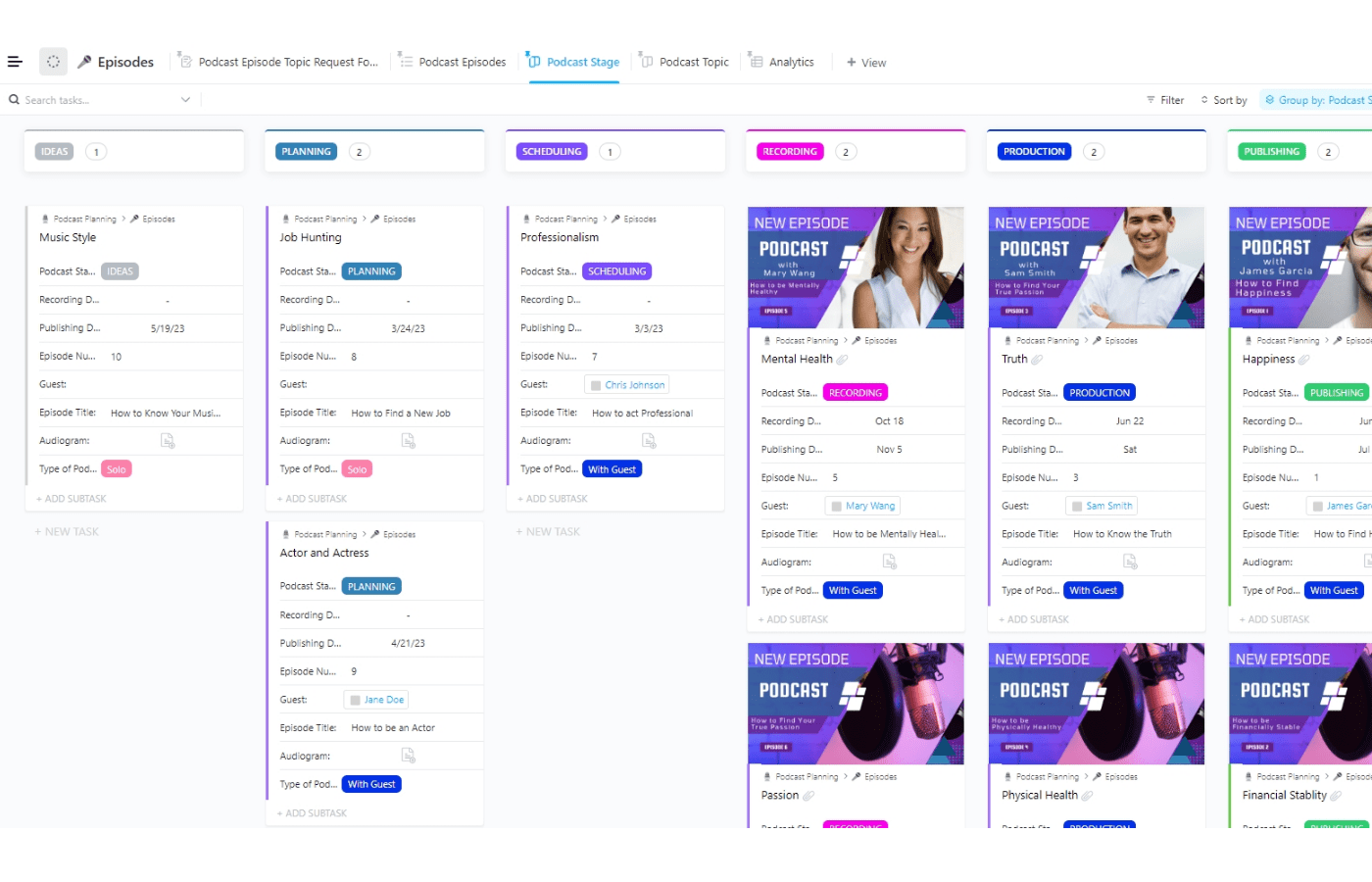A project budget is the tipping off point for any organized work effort. Project budget management is a crucial undertaking of coordinated effort between the project stakeholders and project manager. Keeping “on track and on budget” is the main expectation and priority after project kickoff. Any deviation can have sudden and noticeable impacts.
Fortunately, there are proven ways to stay the course and successfully complete a project to original estimates with minimal juggling and disruption.
Read more: How to Deal with Project Cost Overruns
Accurately Estimate Project Cost
Costing the work of a project is a big effort, and a lot of factors tie into those numbers. Keep the following things in mind as you estimate, review, and finalize the plan for a statement of work and stakeholder approval.
- Understand the cost of the work: Start with the big picture and identify all work streams that will play a part in the planning, execution, review, and deployment of the work deliverables. Don’t forget to include vendors, contractors, and service providers with associated fees that are needed to support the project.
- Estimate the work: Include all workstream leads in your estimates and use their input, experience, and approval to come to a final cost. They will be invaluable in providing details that, at a high level, might get missed. Pad their time and include at least a 10% blanket project management cost to account for your time as well.
- Account for other costs: Consider equipment, rentals, software, travel, and fees that can add considerable cost to your project and that may be overlooked.
- Have a contingency plan: What is something that needs to occur, which depends on something else in order to happen? For example, confirm if you will have to upgrade to the next version of a content management system (CMS) or software tool in order to perform certain work items — then add that cost to your project budget.
- Refine estimates: Once you have what you believe to be all the pieces to the budgeting puzzle, review them again in detail and refine by asking questions. Do this again before having owners review the plan and provide their final input. Iterations of review and refining will help you hone in on the most accurate cost plan.
Read more: How Accounting Software Improves Business Productivity
Juggling Project Scope and Project Budget
The scope and budget of a project are points of focus that need constant review and attention. Juggling the two is an act that is challenging, yet unavoidable. Don’t allow either to get out of sight for any extended period of time.
The project scope is part of the planning process. It identifies a list of activities required for the project; documents specific goals, deliverables, and features; and drives project budgets. Control project scope by periodically:
- ing work that is completed
- Revisiting stakeholder needs and wants, keeping them informed of progress and developments
- Seeking out and addressing scope changes early on
- Managing and overcoming scope creep through daily attention to individual tasks
The budget for a project is the combined costs of the individual activities the project must accomplish; this drives funding. Keep your project within budget by often:
- Comparing the project budget to actual spend and periodically reporting on these numbers
- Negotiating with clients, vendors, and contractors for contracts with bulk rates and payments spread out over the life of the project
Read more: How to Identify & Prevent Cost Overruns in Construction
How to Cut Back Without Sacrificing Project Quality
When the need arises, look for opportunities to pull back in order to get back on track. You can cut back in some areas with little impact on the quality of the work being done.
- Shorten the duration of a project: Cut down the lag time between tasks and dependencies and fast-track specific tasks or task groups to speed up the time to completion.
- Reduce scope: Have a “Plan B” in mind in case something goes sideways with a team or a vendor’s availability. Reprioritize when necessary, and don’t be afraid to say no.
- Reduce project cost: If things get expensive or over budget, reallocate select work to a cheaper resource, re-review remaining estimates, and evaluate remaining work to spread it out among existing resources a different way.
Read more: 8 Factors That Lead to Successful Projects
How Project Management Software Can Help
A solid project budgeting and resource management tool can make planning and project management go easier and faster. Investing in this support can make an obvious difference and free up some of your time to allow for more attention to detail and interaction with the project team in areas that matter.
Use project budgeting tools in project management software to automate budget steps and report accurate data. Experience how project resource management software helps track every expense in real time to provide a more accurate view of project budget concerns early on.
In the very least, a good project management software solution allows project managers to make adjustments as necessary and on the fly. Further, it empowers project managers to be better organized in the planning, scheduling, tracking, documenting, managing, and allocating of resources, and in controlling risks as they arise.
Read next: Tips for Working Overtime & After Hours 2023





